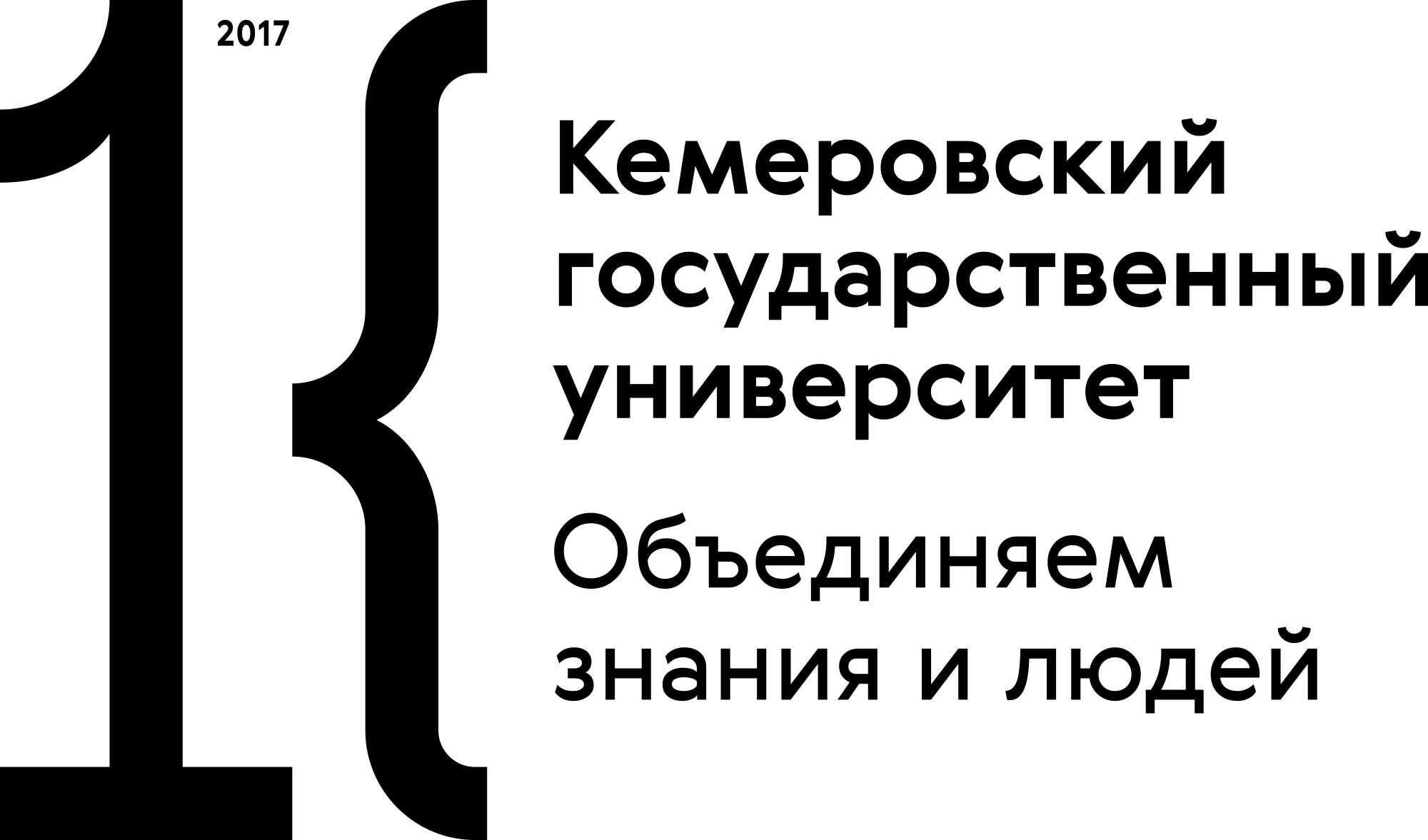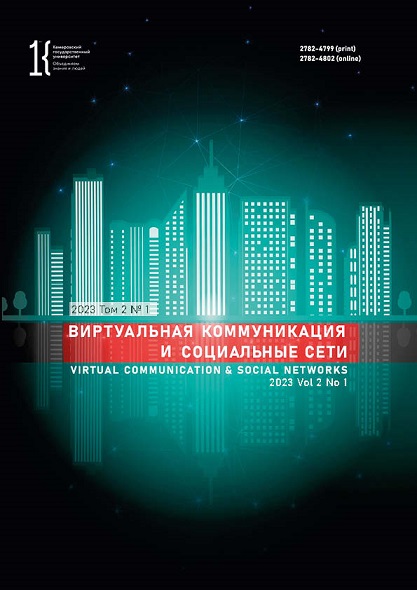Russian Federation
Digital development creates a complex communicative environment with multiple interaction contexts, e.g., Internet forums. This study focuses on the linguapragmatic features of Internet comments to political news. The research was based on 326 comments to a French news article that described the sanctions against Russia. The research objective was to determine their linguapragmatic characteristics, identify the attitude of mass native speakers to global events, and monitor public political consciousness. The comments proved to contain both explicit and implicit linguapragmatic potential. However, the explicit information was larger in volume. The interpretation analysis made it possible to identify the hidden intentions and subjective attitude of the commenter to the topic under comment.
Internet communication, Internet comment, Internet discussion, news article, interpretation, explicit information, implicit information
1. Baranov A. N. Latent (implicit) statement in the linguistic examination of the text. Legal Linguistics, 2011. (1): 314-326. (In Russ.)
2. Golev N. D., Kim L. G. Common political Internet commentaries as a manifestation of variability of interpretation (oppositions "explicit - implicit", "manifested - expected"). Implicit and explicit strategies in Eastern European political discourse: Proc. Russian section Intern. Conf. "Ain's misbehavin'? Implicit and explicit strategies in Eastern European political discourse", Ekaterinburg-Zurich, 19-22 Oct 2013. Ekaterinburg: UrSPU, 2014, 47-71. (In Russ.)
3. Kasyanova N. V. Linguistic and cultural features of a corporate blog as a genre of Internet communication in English and Russian. Cand. Philol. Sci. Diss. Abstr. Maykop, 2015. 22. (In Russ.)
4. Melnik N. V., Saveleva I. V. Russian comment in linguistic personology approach. Vestnik KRSU, 2017, 17(9): 142-145. (In Russ.)
5. Morozova O. N. Features of Internet communication: definition and characteristics. Vestnik Leningradskogo gosudarstvennogo universiteta imeni A. S. Pushkina, 2010, 1(5): 150-158. (In Russ.)
6. Moroslin P. V. Linguaculturological foundations of the Runet functioning theory in intercultural communication environment. Dr. Philol. Sci. Diss. Moscow, 2010, 339. (In Russ.)
7. Ryabtseva N. K. Internet communication and its essential distinctions: a metalinguistic and applied prospective. Linguistics and methods of teaching foreign languages, ed. Ioanesyan E. R. Moscow: Institute of Linguistics RAS, 2017, iss. 9, 387-429. (In Russ.)
8. Saveleva I. V. Unprofessional political discourse: linguapragmatic and linguapersonological aspects. St. Petersburg: High Tech Publishing House, 2021, 139. (In Russ.)
9. Cherkasova N. V. Linguoculturalogical characteristics of a blog as a genre of Internet communication. Bulletin of Chelyabinsk State University, 2012, (5): 164-168. (In Russ.)
10. Shpilnaya N. N. Dialogic text: derivational concept. Moscow: URSS, 2017, 383. (In Russ.)
11. Barton D., Lee C. Language online: Investigation digital texts and practices. London-NY: Routledge, 2013, 224.
12. Du Bois J. W. The stance triangle. Stancetaking in Discourse: Subjectivity, evaluation, interaction, ed. Englebretson R. Amsterdam: John Benjamins Publishing Company, 2007, 139-182. https://doi.org/10.1075/pbns.164.07du















